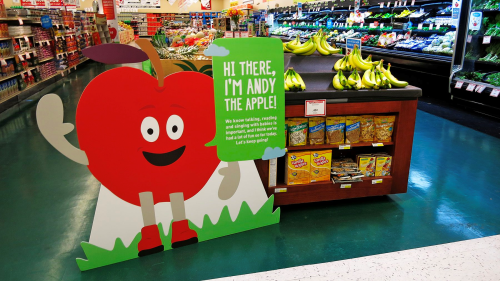

Playful Learning Landscapes seeks to address learning inequalities that exist outside of the classroom by marrying the science of learning with urban design and placemaking.
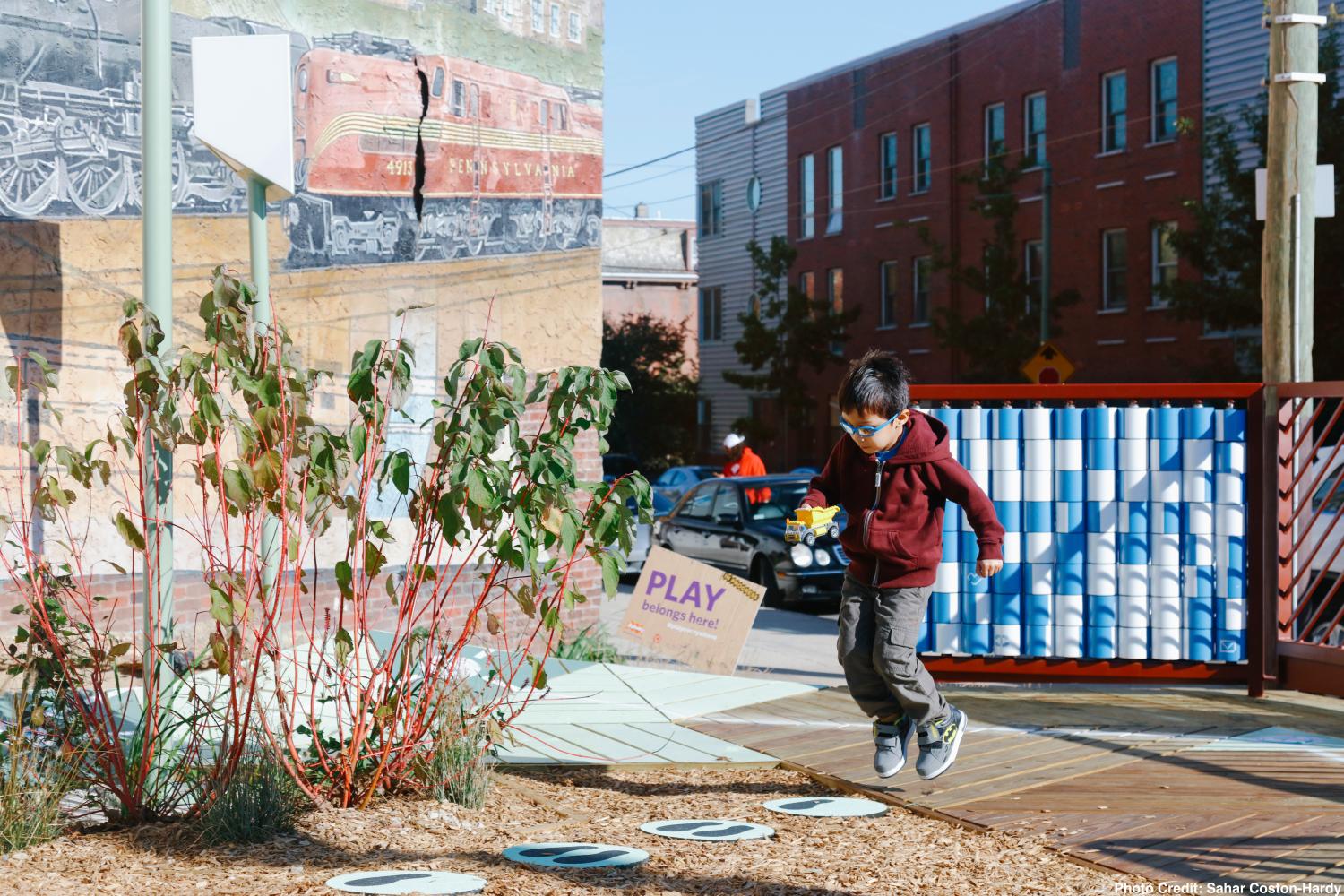
Only 20 percent of a child’s waking time is spent inside of a classroom. To maximize the “other 80 percent of time” and augment the learning that takes place in school, Playful Learning Landscapes (PLL) aims to transform everyday places into fun, engaging learning opportunities that extend education into the public realm. This is especially important for children in low-income communities, as research shows that these children tend to lag behind their more affluent peers in language and spatial skills starting as early as age three.
PLL seeks to address learning inequalities that exist outside of the classroom by marrying the science of learning with urban design and placemaking. By embedding learning opportunities in places where families regularly go—such as bus stops, supermarkets, and parks—PLL strives to advance and scale evidence-based approaches for creating vibrant public spaces that foster learning and caregiver interaction, bring people together, and generate a sense of community ownership and pride.
In 2019 the Brookings Institution established a joint venture between the Center for Universal Education and the Bass Center for Transformative Placemaking to address the challenge of designing family-friendly habitats that support healthy living. Working at the intersection of both centers, this initiative is bringing together an interdisciplinary group of scholars and practitioners including Project for Public Spaces, Temple University’s Infant and Child Lab, and Playful Learning Landscapes Action Network to transform everyday spaces into powerful learning opportunities for children and families.
Research has found significant improved outcomes for children, such as increased interaction between caregivers and children, including conversations around language, literacy, and STEM. Across multiple pilot installations and activities in Philadelphia and other cities, PLL is demonstrating the power of playful learning to boost quality caregiver-child interactions:
To harness growing momentum and address gaps around scaling and integrating PLL approaches into citywide policies and initiatives, Brookings launched the PLL City Network in late 2020 to bring together city-level decisionmakers and stakeholders in a community of practice for peer learning, knowledge building, and network strengthening. The network serves to advance the mission of PLL at Brookings by creating a forum to collectively pool expertise, resources, and skills around a shared vision of reimagining the potential of cities as supportive ecosystems for children and families.
Photo credit: Sahar Coston-Hardy

Irv Katz, Hailey M. Gibbs
January 30, 2023
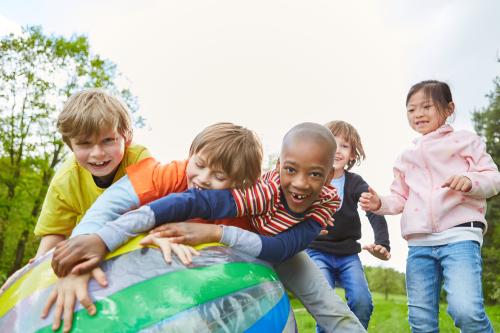
Helen Shwe Hadani, Shwetha Parvathy
February 3, 2022
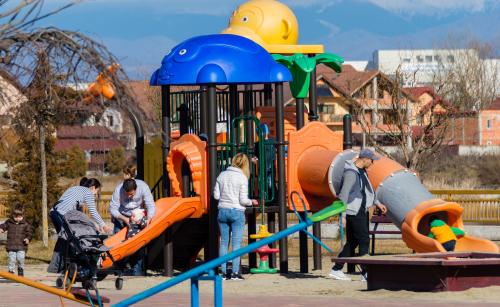
Helen Shwe Hadani, Shwetha Parvathy
July 20, 2021
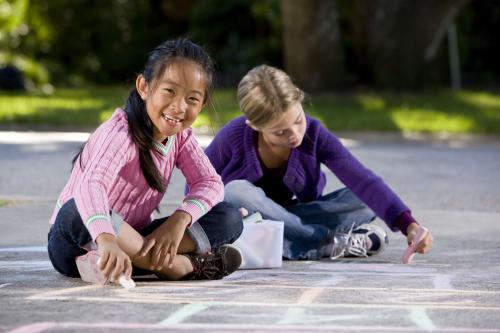
Helen Shwe Hadani, Jennifer S. Vey
April 1, 2021
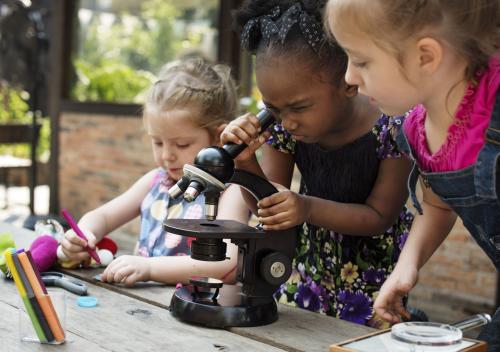
Elias Blinkoff, Roberta Michnick Golinkoff, Helen Shwe Hadani, Kathy Hirsh-Pasek
February 17, 2021
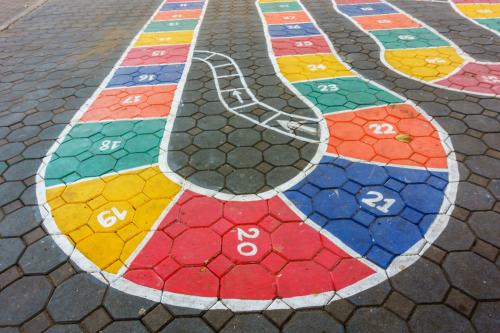
Helen Shwe Hadani, Jennifer S. Vey
January 27, 2021
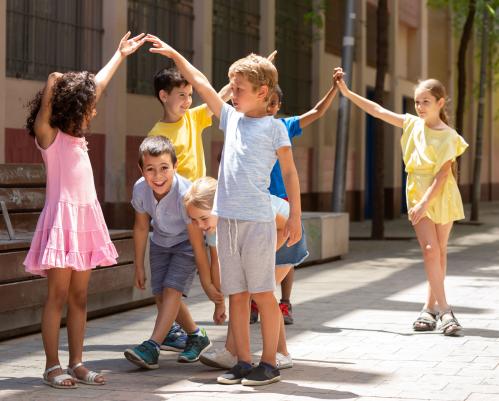
Helen Shwe Hadani, Jennifer S. Vey
January 26, 2021
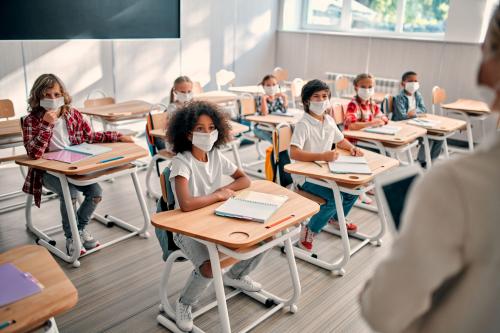
Kathy Hirsh-Pasek, Elias Blinkoff, Helen Shwe Hadani, Roberta Michnick Golinkoff
January 4, 2021
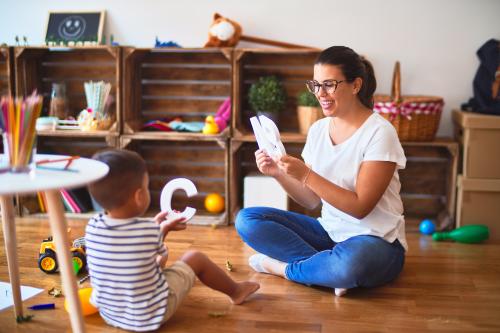
Elias Blinkoff, Kathy Hirsh-Pasek, Helen Shwe Hadani
November 13, 2020
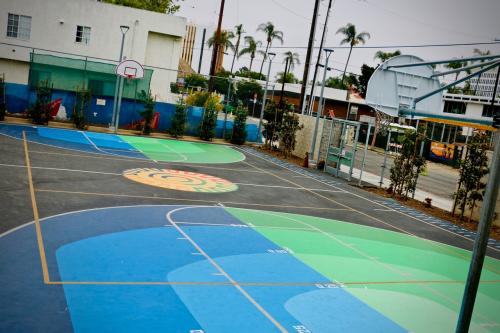
Andres S. Bustamante, Kreshnik Begolli, Daniela Alvarez-Vargas, Helen Shwe Hadani
July 21, 2020
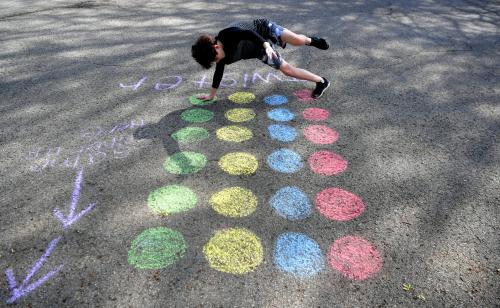
Helen Shwe Hadani, Jennifer S. Vey
April 7, 2020
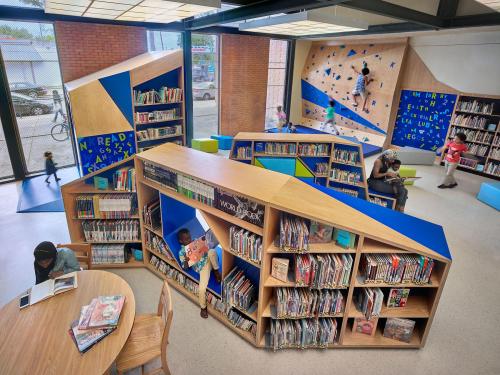
Brenna Hassinger-Das, Jennifer M. Zosh, Roberta Michnick Golinkoff, Kathy Hirsh-Pasek
February 20, 2020
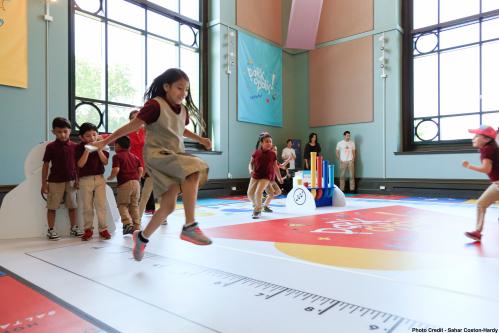
Kathy Hirsh-Pasek, Helen Shwe Hadani
October 29, 2019

Jenny Perlman Robinson
October 24, 2019
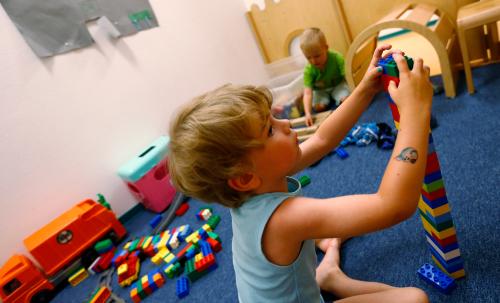
Corinne Bower, Lien Vu, Roberta Michnick Golinkoff, Kathy Hirsh-Pasek
July 9, 2019
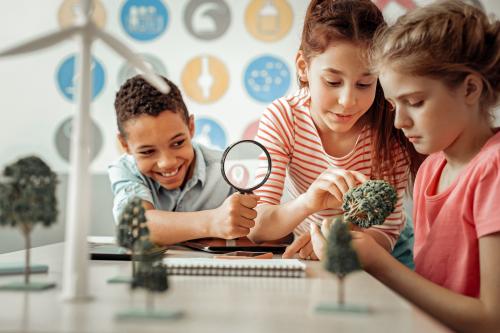
Jennifer S. Vey, Rebecca Winthrop
June 6, 2019
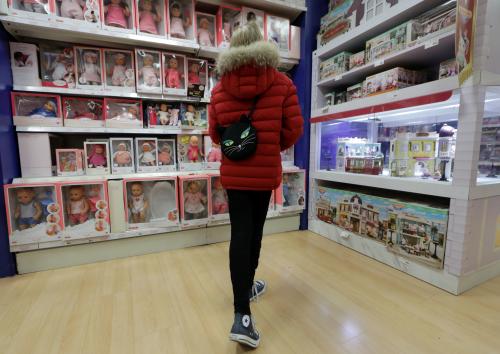
Brenna Hassinger-Das, Jennifer M. Zosh, Roberta Michnick Golinkoff, Kathy Hirsh-Pasek
December 10, 2018
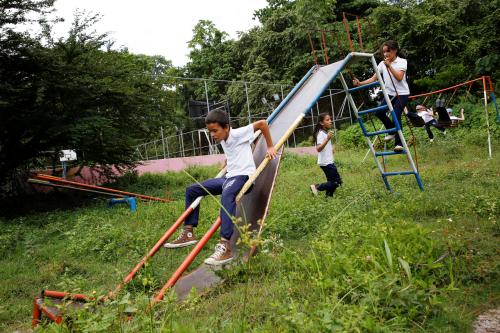
Kathy Hirsh-Pasek, Roberta Michnick Golinkoff
November 2, 2016
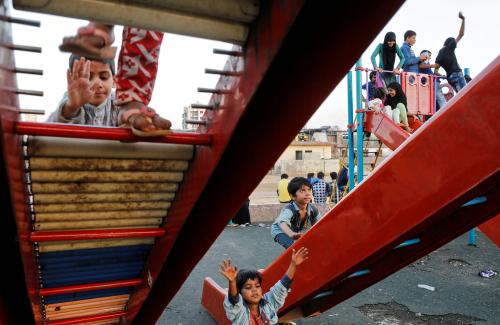
Brenna Hassinger-Das, Kathy Hirsh-Pasek, Roberta Michnick Golinkoff
January 5, 2017
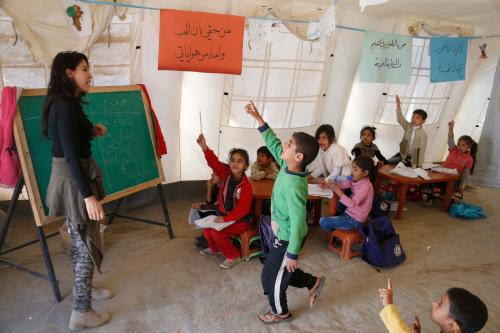
Kathy Hirsh-Pasek, Roberta Michnick Golinkoff
November 2, 2016
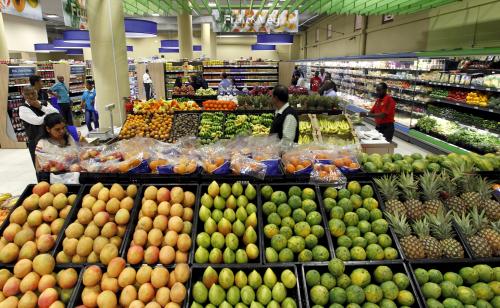
Kathy Hirsh-Pasek, Roberta Michnick Golinkoff
September 1, 2015
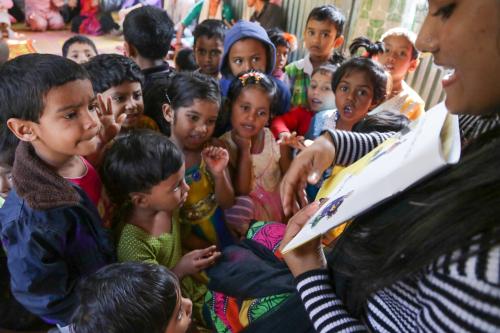
David Whitebread
May 24, 2017
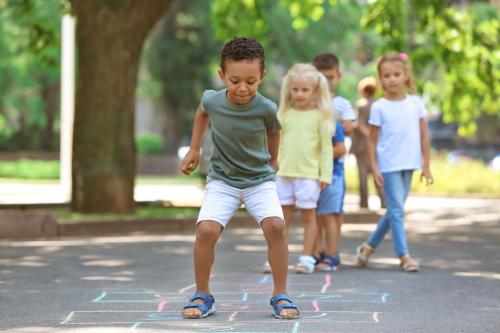
Helen Shwe Hadani, Jennifer S. Vey, Shwetha Parvathy, Kathy Hirsh-Pasek
October 19, 2021
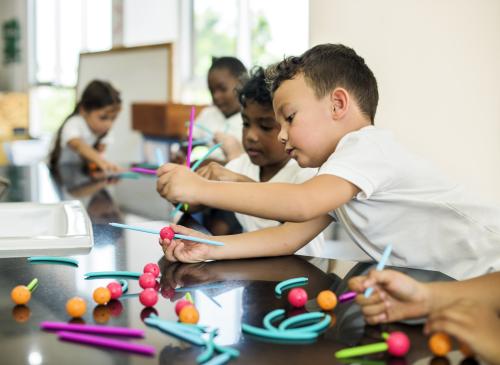
Kathy Hirsh-Pasek, Helen Shwe Hadani, Elias Blinkoff, Roberta Michnick Golinkoff
October 28, 2020
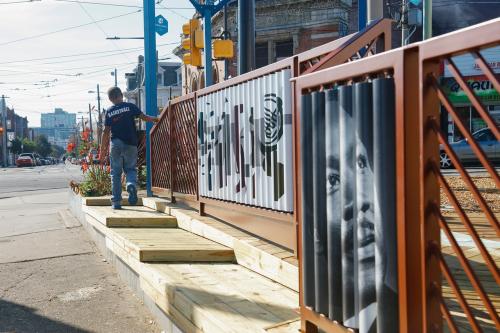
Helen Shwe Hadani, Jennifer S. Vey
September 4, 2020
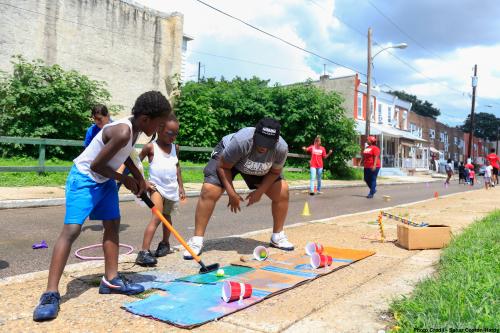
Jenny Perlman Robinson
October 24, 2019

Kathy Hirsh-Pasek, Roberta Michnick Golinkoff
May 20, 2016
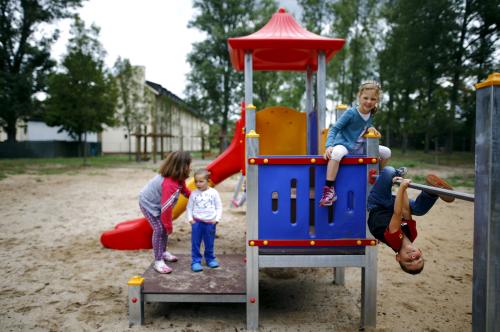
Brenna Hassinger-Das, Andres S. Bustamante, Kathy Hirsh-Pasek, Roberta Michnick Golinkoff, Susan Magsamen, Jenny Perlman Robinson, Rebecca Winthrop
September 4, 2018
2021
Online only
12:00 pm - 1:00 pm EST
2020
Brookings Institution, Washington DC
9:00 am - 11:30 am EST
2018
Brookings Institution, Washington DC
10:30 am - 12:00 pm EDT
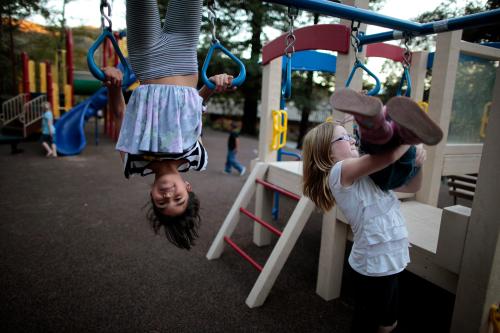
Kathy Hirsh-Pasek, Jennifer S. Vey, Adrianna Pita
April 25, 2018